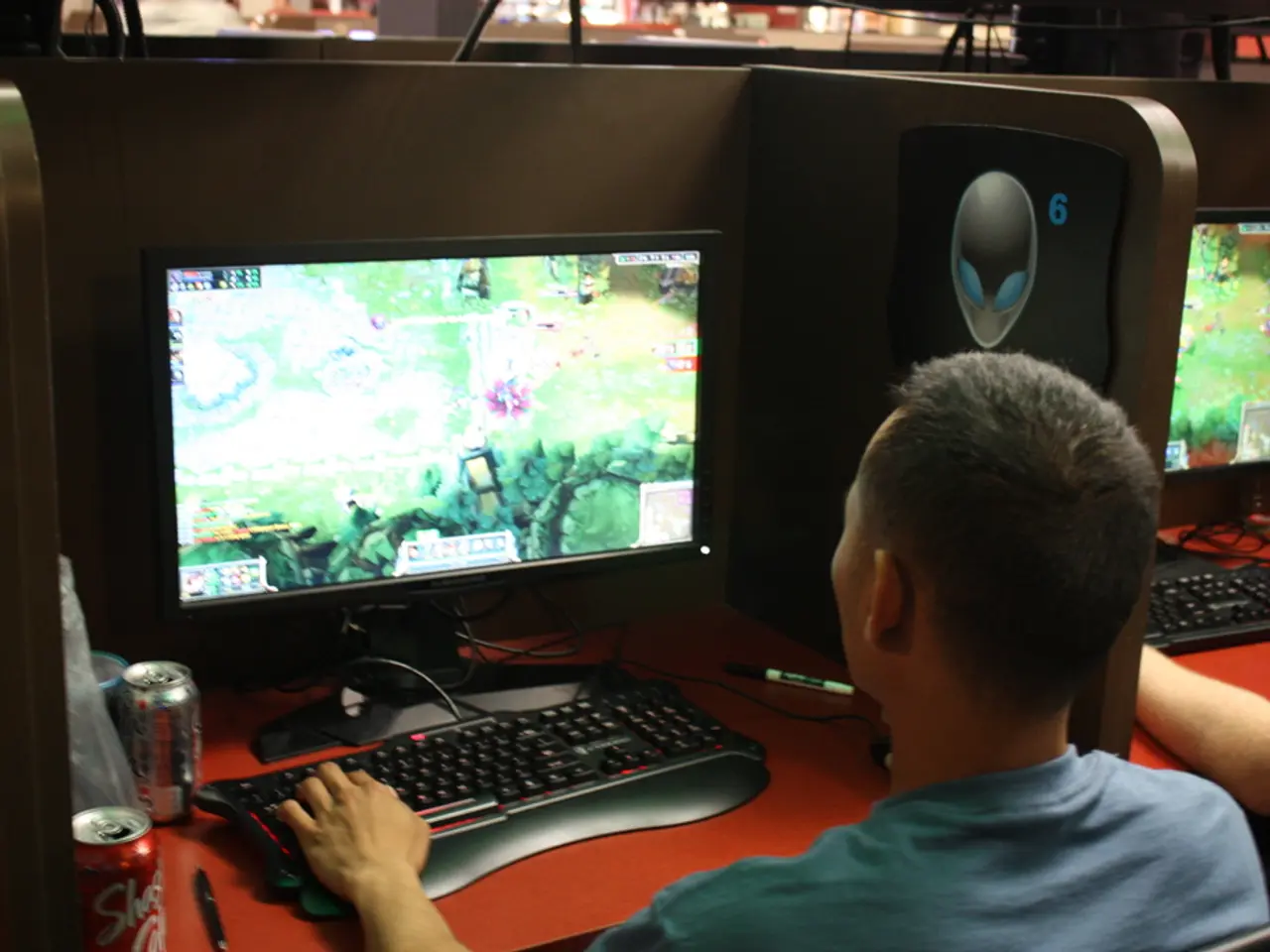"Prime Minister of Sweden openly confessed to relying on AI chatbots like ChatGPT for secondary viewpoints, a revelation that has stirred considerable unhappiness among many individuals"
In a move that has sparked controversy, Sweden's Prime Minister Ulf Kristersson has been consulting with AI chatbots like ChatGPT and the French service Le Chat for a "second opinion" on decisions. This practice, while advocated by some as a means to better understand and regulate emerging technologies, has raised significant concerns among experts.
Jakob Ohlsson, a consultant and AI enthusiast, called Kristersson's approach to AI "amateurish," stating that the Prime Minister is inputting his political thoughts into a language model he does not understand, owned by a company he does not control, and whose servers are located in a country whose democratic future is uncertain. Ohlsson also raised concerns about sensitive information not being a part of Kristersson's AI usage, as competent analysts can piece together the government's strategic thinking from small clues, which end up in the hands of US tech companies.
Signe Krantz, a writer and lecturer, wrote that Kristersson has fallen for the "oligarchs' AI psychosis" and warned that chatbots would rather write what they think people want to hear than what they need to hear. Krantz also questioned why Kristersson would use AI chatbots for advice instead of his large and well-paid staff of experts.
Virginia Dignum, a professor of responsible artificial intelligence at Umeå University, expressed concerns about Kristersson's reliance on AI, stating that it could lead to overconfidence and the need for reliability guarantees. The current state of AI is not much more than Eliza with internet access, and it's questionable whether it's suitable for the leader of a nation to be casually discussing important decisions with.
Kristersson's use of AI chatbots has raised concerns among experts in the field. Krantz stated that it can take longer for an expert to fix the AI's mistakes than it would have taken to do the job from scratch, and that relying on AI poses a security risk. The main concerns and implications of Kristersson's use of AI chatbots for decision-making include risks to reliability, security, and public trust. There is also a security risk since sensitive state information might be transmitted and stored on servers located abroad.
However, not everyone is critical of Kristersson's use of AI. Tobias Wikström, a writer, supports Kristersson's use of AI technology, but emphasizes the need for caution in trusting AI-produced information. Some view a proactive use of AI by politicians as positive, arguing it helps them better understand and regulate emerging technologies that will shape the future. However, the consensus among experts is cautious: while AI can serve as a supplementary tool for brainstorming or generating ideas, it must not replace critical human judgment or compromise national security.
In summary, Kristersson’s use of AI chatbots for governmental decisions highlights important ethical, security, and practical concerns regarding the integration of AI into political leadership, cautioning against reliance on AI without rigorous oversight and transparency.
[1] The Verge. (2023, February 16). Sweden's Prime Minister Ulf Kristersson Consults AI Chatbots for Decision-Making. Retrieved from https://www.theverge.com/2023/2/16/23598313/sweden-prime-minister-ulf-kristersson-ai-chatbots-decision-making
[2] Wired. (2023, February 18). The Risks of Sweden's Prime Minister Relying on AI Chatbots for Decision-Making. Retrieved from https://www.wired.co.uk/article/sweden-prime-minister-ulf-kristersson-ai-chatbots-decision-making
[3] The New York Times. (2023, February 20). Sweden's Prime Minister's Reliance on AI Chatbots Raises Security Concerns. Retrieved from https://www.nytimes.com/2023/02/20/world/europe/sweden-ulf-kristersson-ai-chatbots.html
- The general news reported concerns about reliability, security, and public trust arising from Sweden's Prime Minister Ulf Kristersson's decision to consult AI chatbots like ChatGPT and Le Chat for decision-making.
- Signe Krantz, a writer and lecturer, warned that chatbots may write what people want to hear instead of what they need to hear, and questioned why Kristersson would use AI chatbots for advice instead of experts.
- Virginia Dignum, a professor of responsible artificial intelligence, stated that relying on AI could lead to overconfidence and the need for reliability guarantees, likening the current state of AI to Eliza with internet access.
- Tobias Wikström, a writer, supports the proactive use of AI by politicians, but emphasizes the need for caution in trusting AI-produced information, as it may take longer for an expert to fix AI's mistakes than it would to do the job from scratch.




